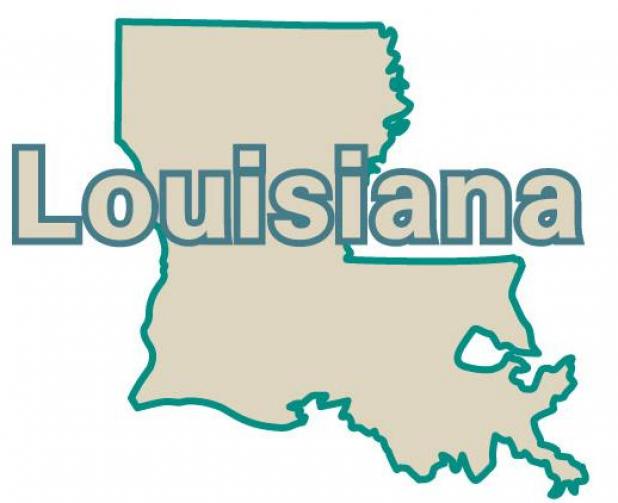
Guest editorial: Public records belong to the people
A new study by The Associated Press claims the federal government censored or withheld information more often last year than it has in the past decade.
A few of the numbers from the study are troubling:
Of the 823,222 requests for information from the federal government, 78 percent of the records were censored or withheld.
When the government released nothing at all, it claimed in more than half of the cases that it couldn’t find the requested information.
Only one in five requests was fully honored.
It is impossible to know exactly which of the requested records should have been turned over to the people or organizations requesting them.
But it seems unlikely that there would be a legitimate reason for so much information to be withheld.
More important than the numbers is the opportunity the study gives the public to consider public records in general.
In Louisiana, where we have a fairly strong and specific set of public records laws, we have recourse if someone refuses to release information to which we are entitled.
But people are often left on their own to fight for access to public information, often without the ability to know exactly what is what is not public.
The AP investigation does bring the issue into some prominence, offering a useful chance to remind residents and public officials that public records can and should be shared when they are requested.
They belong, after all, to the public – not to whichever politician,
bureaucrat or agency happens to be housing them.
Too often, public servants forget that records often are public and that just about anyone has the right to request access to them.
If you want to know, for instance, how much rent the Terrebonne Parish School Board or the Lafourche Parish government pays for its various buildings, you have the right to request that information.
And the person taking the request cannot ask you why you want it.
The general rule should be that unless there is a specific reason why the record cannot be released, it should be made public whenever it is requested.
Technological advancements continue to make doing so easier.
Unfortunately, if government agencies or employees are unwilling to share the information, computers and other useful tools don’t help.
The AP investigation should give all of us a reason to remember that our government ultimately works for us.
And our ability to check on what it is doing is a crucial part of keeping the system in good working order.
When the government is unable or unwilling to share public information, it raises concerns about what it could be hiding and why.
— Houma Courier
